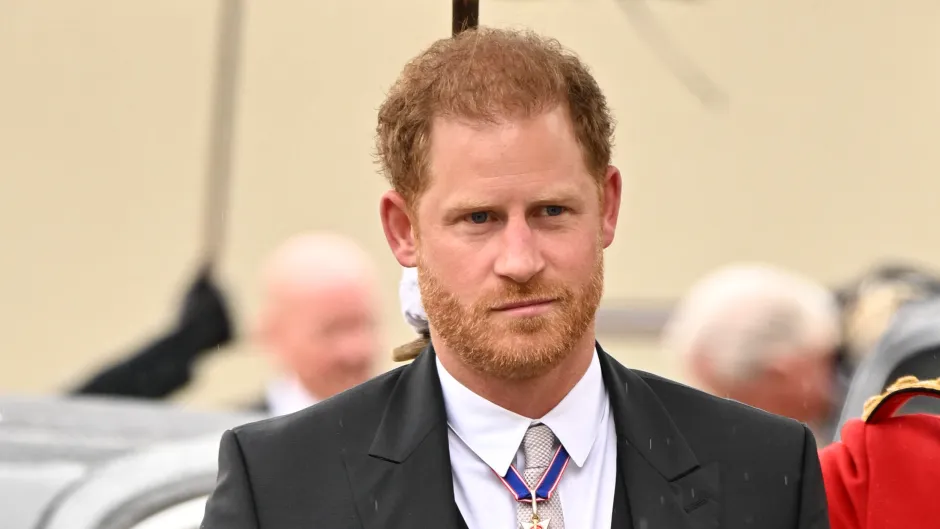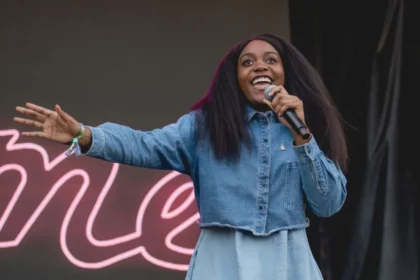Prince Harry, born into one of the most coveted titles in the world, has faced a deeply complex and challenging journey due to his position as the “Spare” to the British throne. While many might view his royal title as a life of privilege, the Duke of Sussex has revealed that it has come with its own emotional struggles, largely stemming from his relationship with his older brother, Prince William, the heir to the throne.
The Emotional Toll of Being the “Spare”
Ingrid Seward, a royal expert who spent nearly four decades closely observing the royal family, believes that Harry’s emotional troubles are largely tied to his role as the “Spare.” Seward claims that Harry allowed this label to define his life and even his career. She told Daily Mail that Harry chose to see himself as a victim, which led to him seeking vengeance against perceived slights from his family, the press, and the institution of the monarchy.
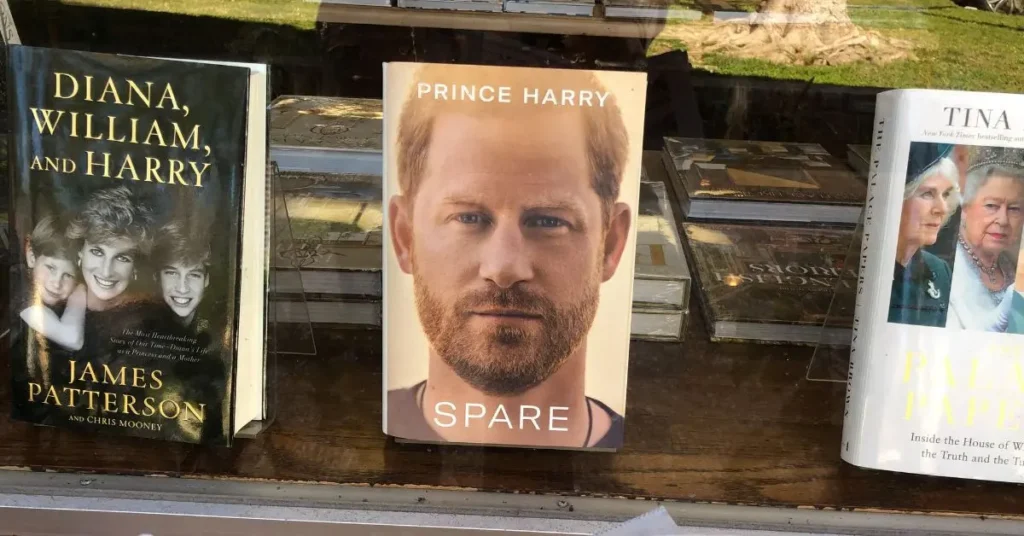
Seward, who witnessed Harry and William grow from children into men, believes that Harry’s unhappiness with his royal position has been a key factor in his emotional struggles. According to Seward, Harry’s attempts to seek attention, including acting out to make his brother laugh, were signs of how deeply affected he was by being second in line to the throne. She recalled how, at the age of nine, Harry told his brother, “You’re going to be King; it doesn’t matter what I do.”
Harry’s Challenges and Memoir “Spare”
In his memoir Spare, Harry opened up about the emotional toll of losing his mother at a young age and how it impacted his mental health. He explained that his memory was clouded by grief and that he consciously avoided revisiting painful memories. In contrast to his brother William, who excelled academically and in his public life, Harry struggled to find his place within the royal family.
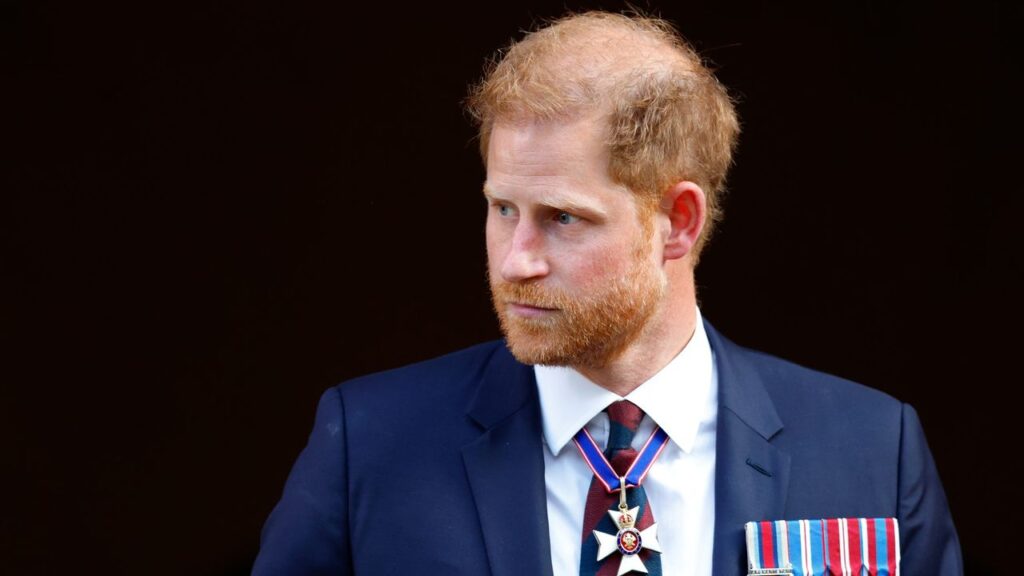
In Yes Ma’am: The Secret Life of Royal Servants, royal author Tom Quinn shared that courtiers tried to explain to Harry that, despite his feelings of insignificance, his role was far less scrutinized than William’s. As the future king, William would have to endure intense media pressure, a reality Harry seemed unable to grasp at the time. This discrepancy between Harry’s perception and reality further contributed to his dissatisfaction with his royal position.
Marriage to Meghan Markle and Heightened Tensions
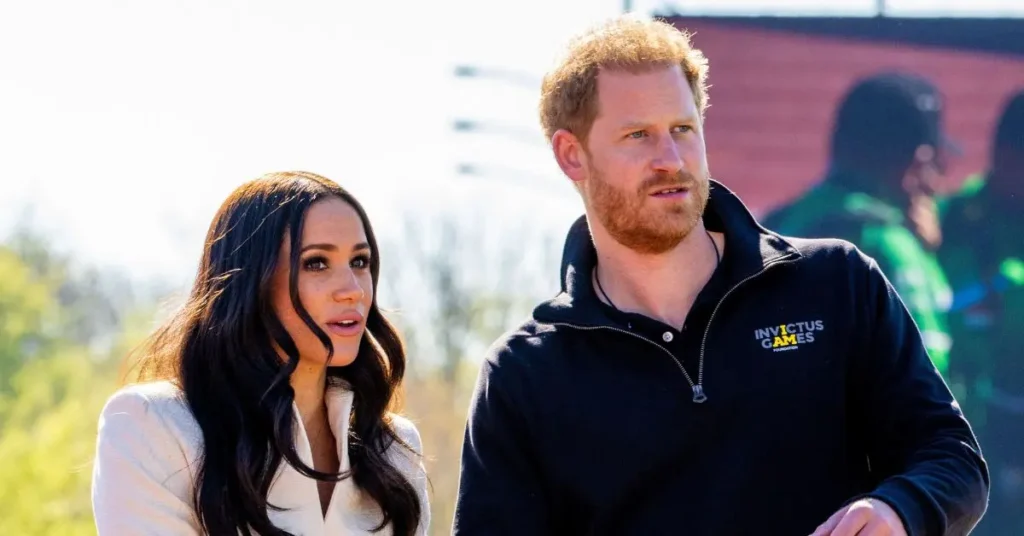
Harry’s frustration with his role intensified after marrying Meghan Markle in 2018. Despite the royal wedding’s fanfare, Harry felt once again that the “Spare” label overshadowed his position. As he and Meghan faced mounting media attention, Harry increasingly felt pushed aside while William and Kate were being groomed for the monarchy’s future.
The Impact of the Royal Family’s Focus on William and Kate
Historian Robert Lacey suggested that Harry’s unhappiness with his role only deepened over time, especially as William and Kate’s prominent roles within the royal family became more evident. The couple’s growing influence, as they were positioned to eventually lead the monarchy, left Harry feeling less relevant and sidelined. Lacey argued that Harry’s sense of alienation within the royal family became more pronounced as he saw his older brother and his wife being primed for future greatness.
A Complicated Journey for Prince Harry
Prince Harry’s emotional struggles have been compounded by the rigid expectations of the royal family and his position as the “Spare.” Over the years, his relationship with his brother, his perception of his royal role, and the public’s view of him have all played significant parts in shaping the Duke of Sussex’s path. From his childhood to adulthood, the emotional toll of living in his brother’s shadow has profoundly affected Harry, leading him to make bold decisions about his future and his place within the royal family.
As Harry and Meghan Markle continue to forge their own path away from the monarchy, the complexities of Harry’s royal role and the emotional toll it has taken on him remain part of his ongoing narrative.


